Welcome!
Welcome to the discussion on inclusive, equitable, safe and healthy schools. The discussion ensures engagement and is open to all. To get involved in the discussion, sign up, create your log in and share your thoughts below ⬇
Discussion paper
This paper brings together the latest on inclusive, equitable, safe and healthy schools.
Key issues
- Inclusion and equity
- Gender-transformative education
- Safe schools
- School health and nutrition
- Education in emergencies and protracted crises
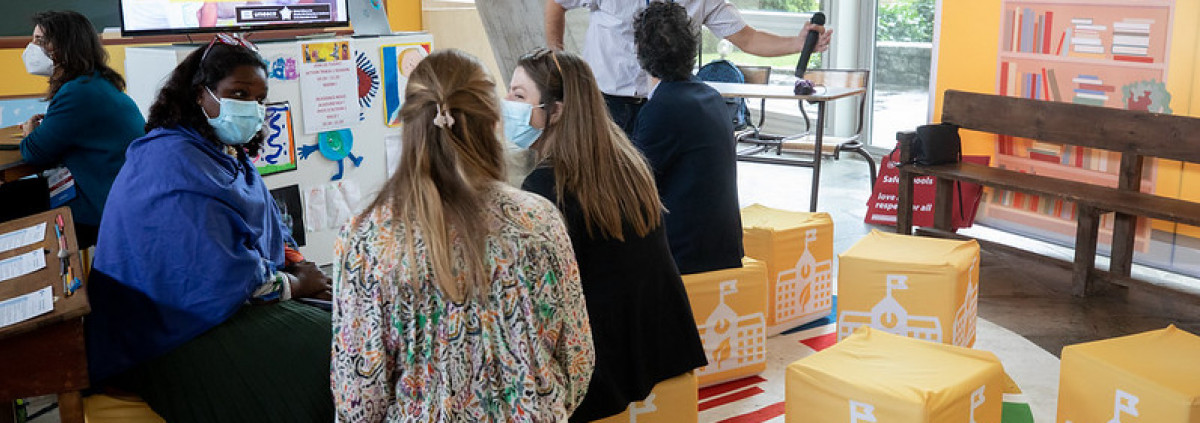
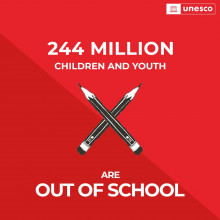
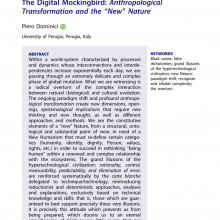
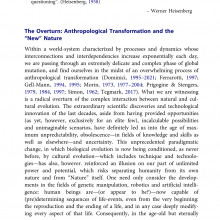
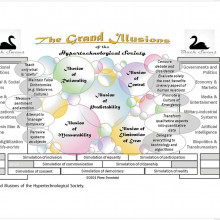
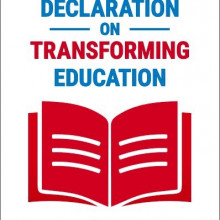
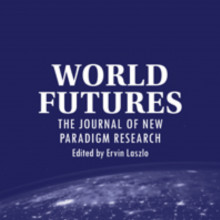
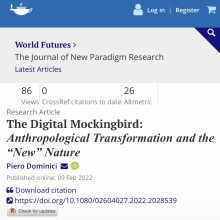
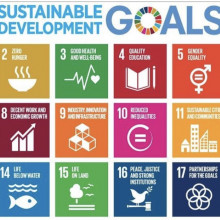
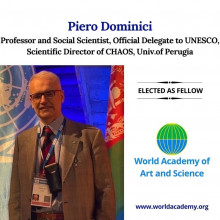
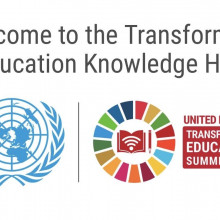
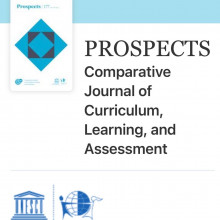
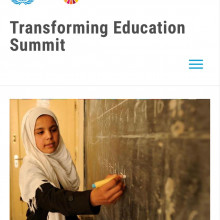
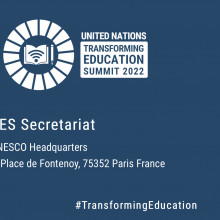
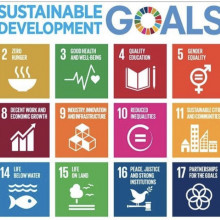
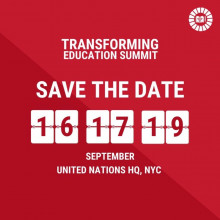
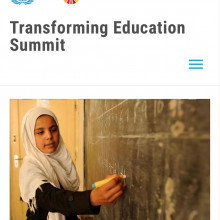
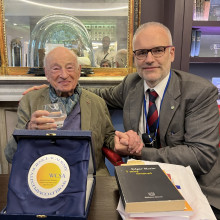
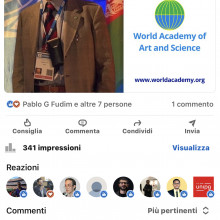
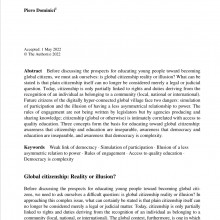
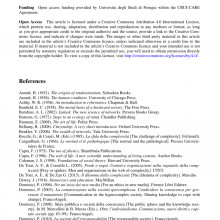
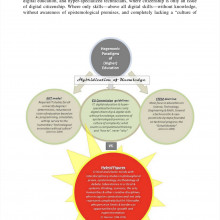
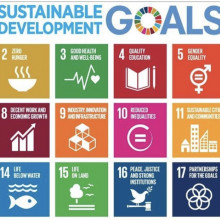
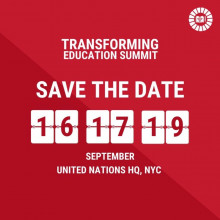
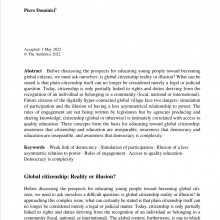
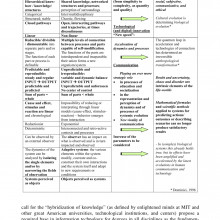
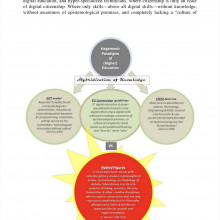
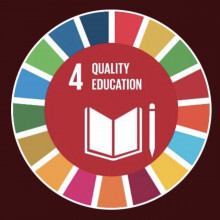
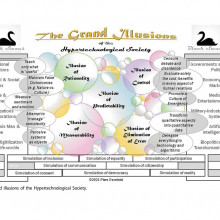
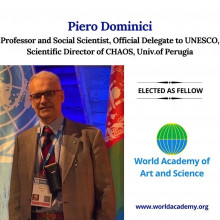
Thank you Brooke Blanchard for drawing our attention to the UN Resolution on Vision. Eye health professionals play a critical role in identifying avoidable blindness and low vision and referring children and young people to education and rehabilitation services, including provision of spectacles and low vision aids. In addition to your call on member states, I wish to add a call to promote the right to education for children and young people with deafblindness and multiple disability. A twin-track approach is needed to ensure these children have access to quality inclusive education in their local communities. A twin-track approach refers to enrolment in the local school with provision of specialist supports and resources that are based on each child's assessed strengths and requirements.